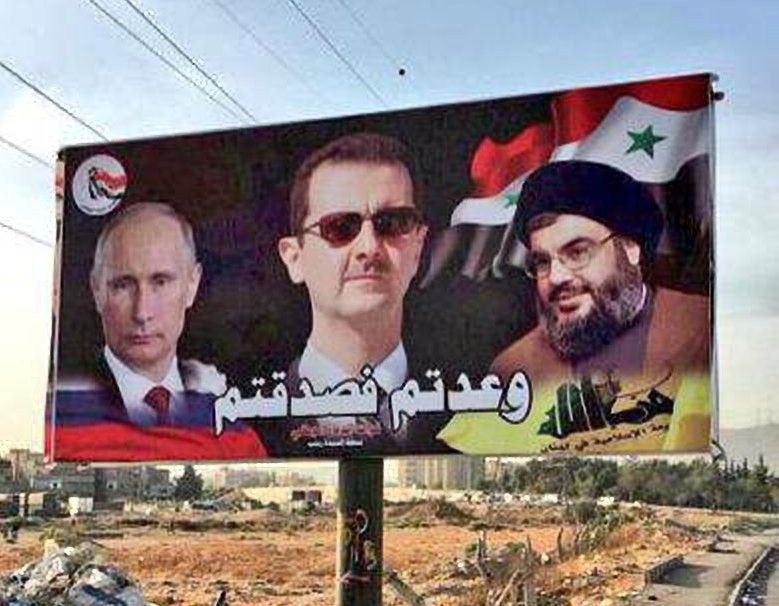A leading Israeli scholar on Russia maintains that Putin is not seeking a conflict with Israel and is more concerned about potential US action in Syria.
By: Steve Leibowitz, World Israel News
While it’s true that Russia summoned Israeli Ambassador Gary Koren for consultations on Tuesday, and the Russian Embassy did issue a harsh statement in the aftermath of the alleged Israeli air strike on an Iranian air base in Syria, any talk of a crisis in relations between Jerusalem and Moscow is likely overblown and misleading.
That’s the view of Dr. Stefani Hoffman from the Hebrew University, one of Israel’s foremost experts on Russia. Hoffman told World Israel News, “It’s too early to know for certain what’s happening or where relations are going. The Russian statements in recent days have not been friendly, but that may not be significant. Comments for public consumption do not necessarily reflect what’s happening behind the scenes.” According to Hoffman, “The Russians are more concerned about a potential American strike on President Assad’s assets than they are about yet another Israeli strike targeting an Iranian base in Syria.”
Israel believes that it cannot afford to rely totally on the US when it comes to the Syrian conflict or the wider Iranian threat. Israel and Russia have closely “coordinated” in Syria in recent years but that does not include giving the Russians advance knowledge of potential military actions, while taking care not to inflict Russian casualties.
Hoffman believes that Israel has been trying to “meander between Washington and Moscow,” and cautions that “it’s a tricky route to navigate.” According to Hoffman, “Putin has repeatedly made it clear that he is not seeking a confrontation with Israel, and of course Israeli wants to avoid a clash with Russia.”
Jerusalem bucked its Western allies when it refrained from expelling Russian diplomats and withheld condemnation of Russia’s attempt to assassinate an ex-spy on British soil.
The Israeli Foreign Ministry’s statement that Assad used chemical weapons against his citizens on Sunday was issued despite the Kremlin’s strong denial. One reason for this was to draw a red line against Russian legitimization in the use of chemical weapons that could potentially be used against Israel.
Hoffman said that Israel “chooses its battles carefully and in the case of the Douma attack is was much closer to home, took many lives, and was more blatant. Israel had to speak out and condemn Assad, despite Russian objections.”
According to Hoffman, “Putin does not want to risk what he has gained in Syria. He has gotten the upper hand in Syria and this has emboldened him, but he does not want to risk broadening the conflict. He knows that Russia is not a superpower.”
“It’s a crazy business in Syria. In some ways Putin is supporting Iran, but in the long run Putin knows that it’s a problematic relationship and he will not be upset, nor will he intervene if Iran is taken down a notch,” she said.


